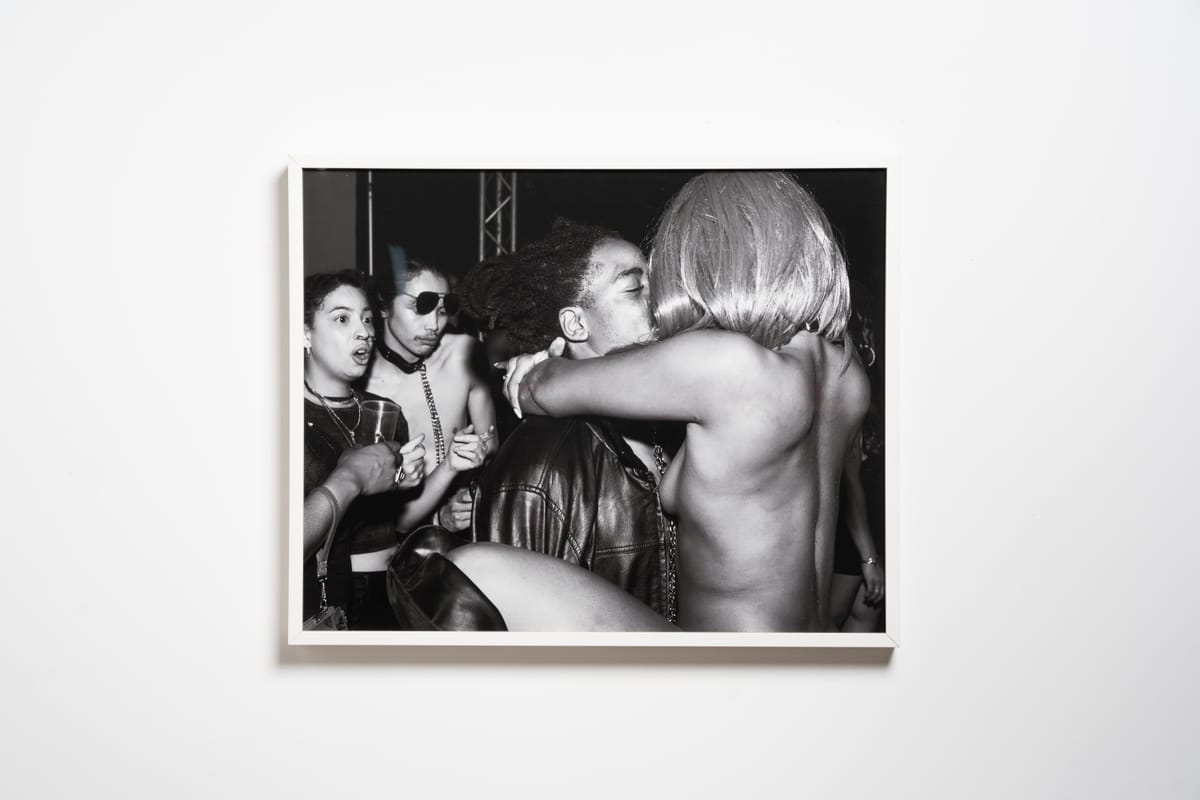MANY BLESSINGS

This post is for paying subscribers only
Already have an account? Sign in.
Don’t miss out on the latest issues. Sign up now to get access to the library of members-only issues.
jamie@example.com
